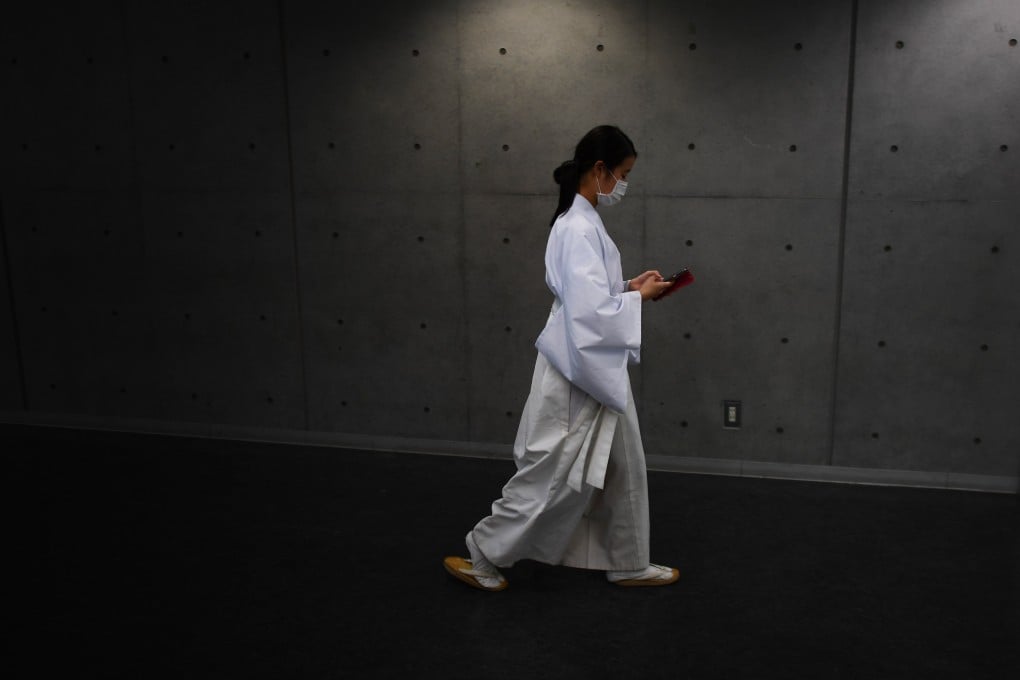Advertisement
Letters | Hong Kong factors complicate China-Japan youth exchange
Readers discuss obstacles to people-to-people efforts aimed at improving China-Japan relations, and the latest US advisory on Hong Kong
Reading Time:3 minutes
Why you can trust SCMP
0

Feel strongly about these letters, or any other aspects of the news? Share your views by emailing us your Letter to the Editor at letters@scmp.com or filling in this Google form. Submissions should not exceed 400 words, and must include your full name and address, plus a phone number for verification
The report, “Can China-Japan youth exchanges and goodwill overcome their deep political chill?” (September 8), which argued that strained regional ties and sinking public opinion are hindering China-Japan youth exchange, was discussed by many of my friends and fellow students. I would like to highlight how Hong Kong factors have affected China-Japan youth exchange, based on my own experiences.
When Chinese scholars discuss people-to-people diplomacy and youth exchange, they often revisit the 1972 communique and how Japan assisted China when it had been isolated by the West after the Tiananmen Square incident in 1989. The current situation garners less attention.
As your report notes, the detention and arrest of Japanese citizens, including some connected with the academic sector, on espionage charges have sent chills across Japan.
Hideji Suzuki, who headed a Japan-China friendship association and had taught at Chinese universities, was taken into custody in 2016 on charges related to spying. He said one of his interrogators had been part of a tree-planting event to promote China-Japan friendship. When I chatted with Japanese high school and university students to whom I was serving as a mentor last summer, some of them mentioned Suzuki’s book 2,279 Days in Chinese Detention and expressed reluctance to join China-Japan youth exchange activities.
After Nobu Iwatani, a professor at Hokkaido University, was detained in Beijing in 2019 on allegations of spying, a number of scholars of Sino-Japanese relations issued statements expressing their concern. Although Iwatani was released about a month later, some Chinese scholars and youth began to keep a distance from China-Japan youth exchanges because the activities were proactively supervised by Japanese scholars.
More recently, in Japan, China studies professor Tomoko Ako said she felt uneasy about the extraterritorial application of Hong Kong’s national security law after Yuen Ching-ting, a Hongkonger studying in Japan, was arrested in the city last year for publishing seditious pro-independence posts online.
Advertisement